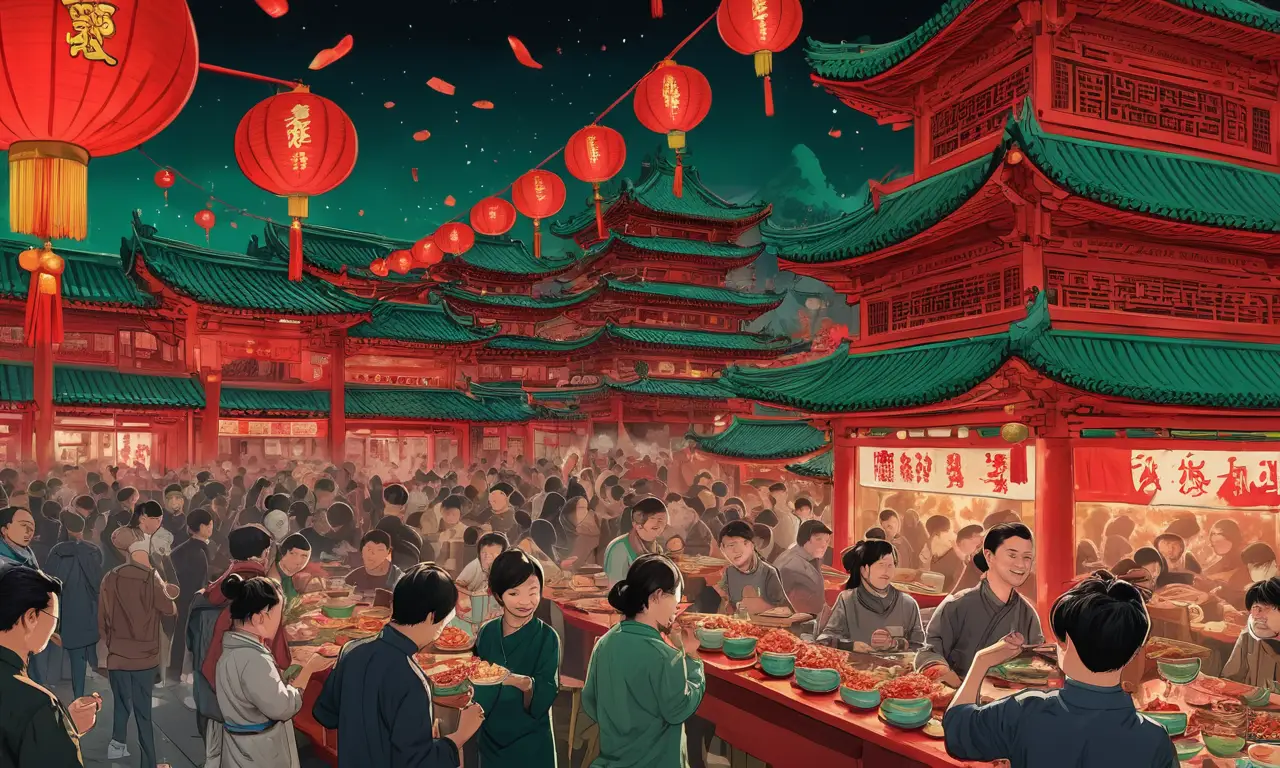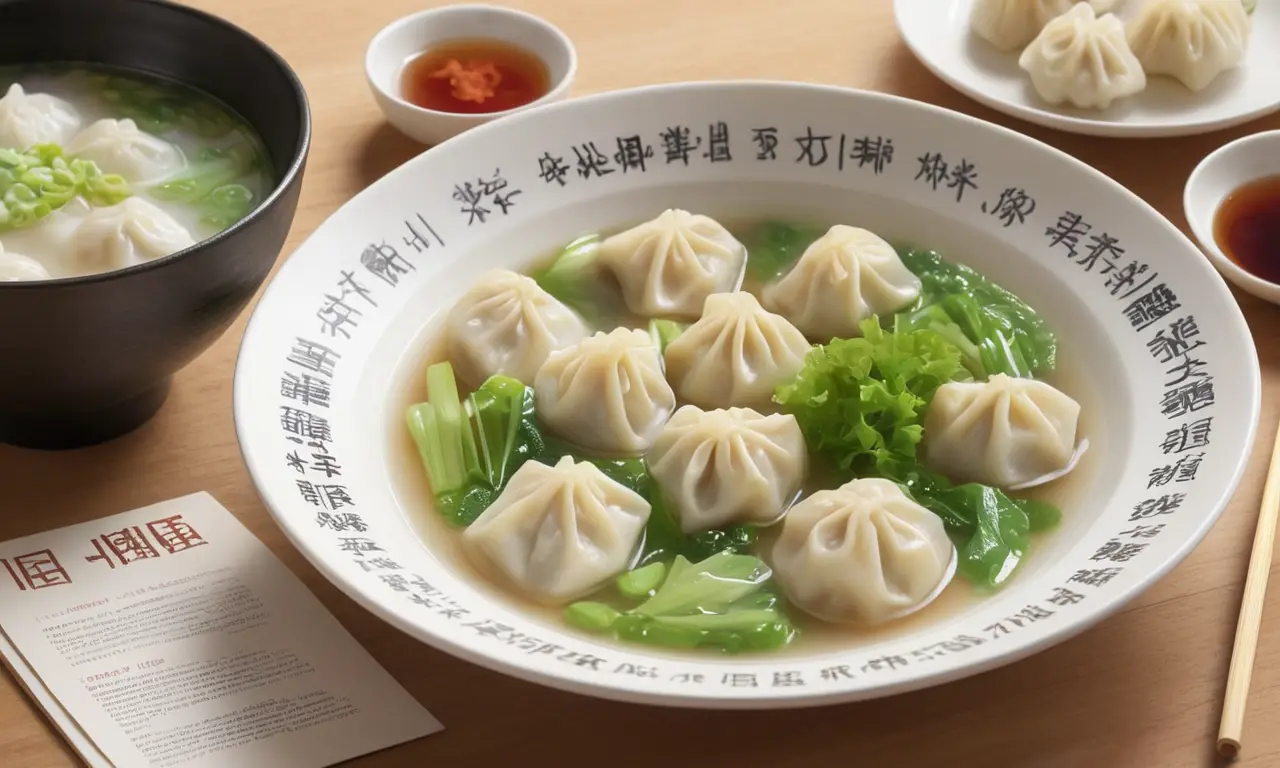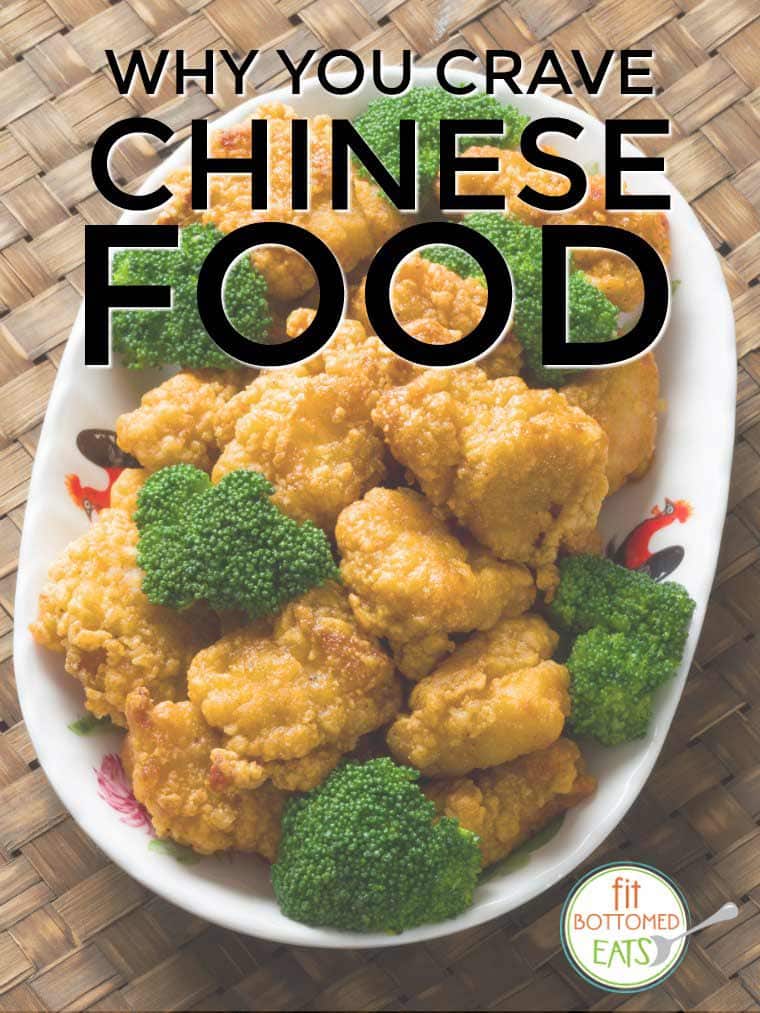Have you ever found yourself inexplicably drawn to the vibrant flavors of Chinese cuisine? Perhaps a steaming bowl of wonton soup or a plate of crispy Peking duck suddenly seems irresistible. While these cravings can be incredibly satisfying, they often leave us wondering: why am I craving Chinese food? This article delves into the fascinating world of taste preferences and explores the various reasons behind your sudden desire for all things Chinese. From cultural influences to personal memories and even physiological factors, we’ll uncover the potential explanations behind these delicious urges.
This exploration will take us through several key areas: cultural influences that shape our food preferences, the power of personal memories and nostalgia associated with Chinese cuisine, potential nutritional deficiencies that might trigger cravings, and the role hormonal shifts play in appetite fluctuations. By understanding these factors, we can gain valuable insights into why Chinese food calls to you at certain times.
Chinese Food Cravings Explained
Cravings are a complex phenomenon influenced by a multitude of factors, both psychological and physiological. When it comes to Chinese food, the reasons behind your craving might be more intricate than simply enjoying its delicious taste.
One possible explanation lies in the unique combination of flavors and textures that characterize Chinese cuisine. The interplay of sweet, sour, salty, spicy, and umami notes creates a symphony of taste sensations that can be incredibly appealing. Furthermore, the diverse range of ingredients used – from fresh vegetables and seafood to aromatic spices and tender meats – adds another layer of complexity and intrigue to these dishes.
Another factor to consider is the cultural significance of food. In many cultures, including Chinese culture, food plays a central role in social gatherings, celebrations, and everyday life. Sharing meals with loved ones fosters a sense of connection and belonging, creating positive associations with specific cuisines. These memories and experiences can influence our cravings later in life, triggering a desire for the familiar flavors that evoke those cherished moments.
Cultural Influences on Taste Preferences

Our taste preferences are often shaped by our cultural background and upbringing. Exposure to certain foods from a young age can create lasting imprints on our palates, influencing what we find appealing and satisfying.
For individuals with Chinese heritage or significant exposure to Chinese culture, the flavors of Chinese food may hold a special place in their hearts. These familiar tastes can evoke feelings of comfort, nostalgia, and cultural identity. Conversely, those who are less familiar with Chinese cuisine might be drawn to its exotic and adventurous flavors, seeking out new culinary experiences that expand their palates.
Cultural norms and traditions also play a role in shaping our food choices. In some cultures, certain dishes are considered auspicious or celebratory, while others are associated with specific occasions or rituals. These cultural associations can influence our cravings, leading us to seek out particular foods during certain times of year or for special events.
Personal Memories and Nostalgia
Food has a remarkable ability to transport us back in time, triggering vivid memories and emotions. A particular dish might remind us of a cherished childhood experience, a family gathering, or a significant milestone in our lives.
When it comes to Chinese food, these nostalgic associations can be particularly powerful. Perhaps you remember enjoying delicious dumplings with your grandparents during Lunar New Year celebrations, or savoring steaming bowls of wonton soup at your favorite local restaurant. These positive memories can create a strong craving for those specific dishes, as they evoke feelings of warmth, comfort, and happiness.
Nostalgia plays a significant role in our food choices, influencing our cravings and shaping our culinary preferences. The familiar flavors and aromas of Chinese food can act as a powerful trigger, transporting us back to cherished moments and rekindling those positive emotions.
Nutritional Deficiencies and Cravings

While cravings are often driven by psychological factors, they can also be influenced by nutritional deficiencies. Our bodies sometimes signal the need for specific nutrients through intense cravings for certain foods.
For example, if you’re deficient in iron, you might experience a craving for red meat or dark leafy greens, which are rich sources of this essential mineral. Similarly, a craving for salty snacks could indicate a need for electrolytes, such as sodium and potassium. While it’s not always straightforward to pinpoint the exact cause of a craving, paying attention to your body’s signals can provide valuable clues about potential nutritional imbalances.
It’s important to note that cravings should not be solely relied upon to address nutritional deficiencies. Consulting with a healthcare professional or registered dietitian is essential for accurate diagnosis and personalized dietary recommendations.
Hormonal Shifts and Appetite
Hormones play a crucial role in regulating our appetite, influencing our food cravings and overall eating patterns. Fluctuations in hormone levels can trigger changes in taste preferences and intensify cravings for specific foods.
For instance, during the menstrual cycle, women may experience increased cravings for carbohydrates, chocolate, or salty snacks due to hormonal shifts that affect serotonin levels. Similarly, pregnant women often experience heightened cravings for certain foods as their bodies adapt to the demands of pregnancy. Understanding these hormonal influences can provide insights into why Chinese food might be particularly appealing at certain times.
Conclusion
The reasons behind your craving for Chinese food are multifaceted and deeply intertwined with cultural influences, personal memories, nutritional needs, and even hormonal fluctuations. Exploring these various factors can shed light on the complex interplay of forces that shape our taste preferences and drive our culinary desires.



